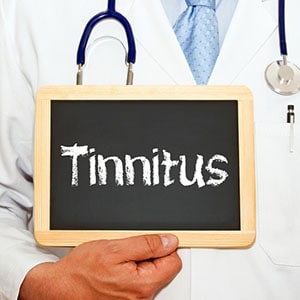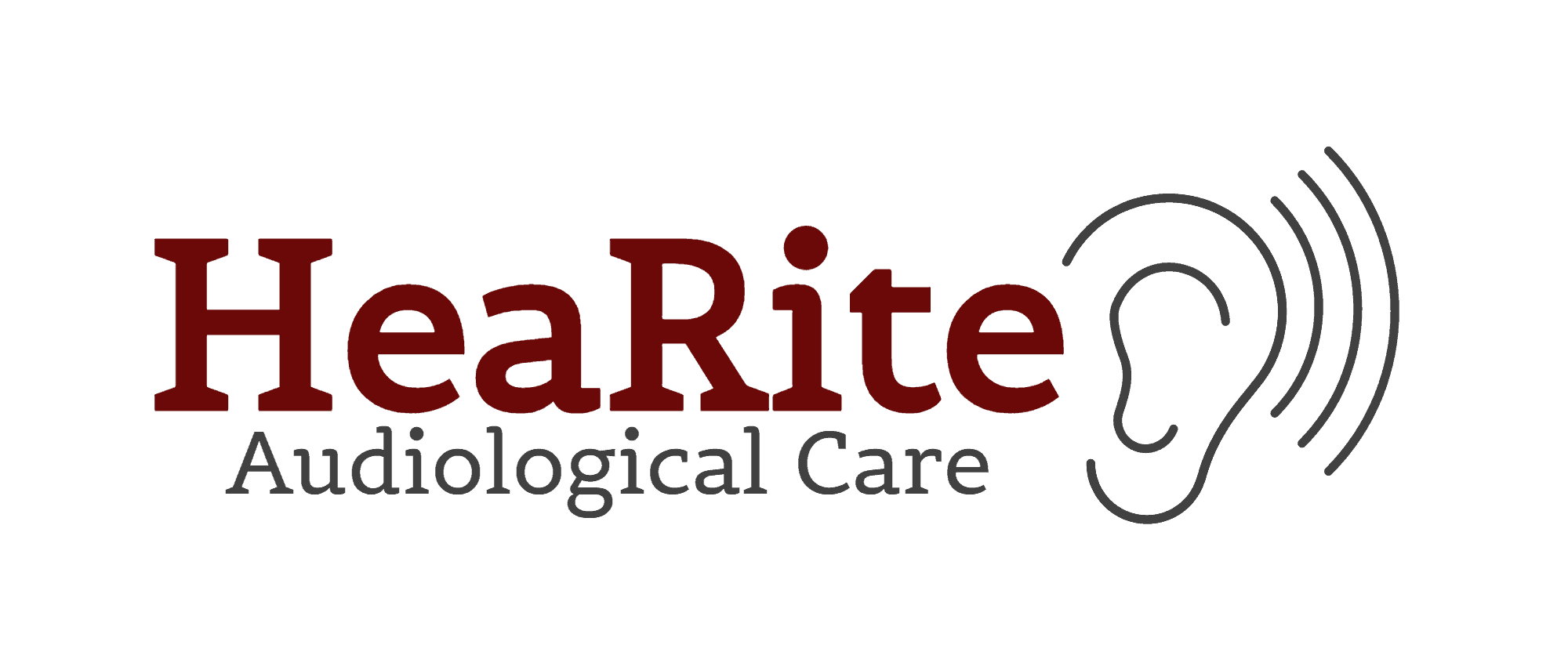Tinnitus Treatment
Tinnitus is a condition in which you experience a sound without the influence of an external stimulus. This sound is most commonly heard only by you. Though commonly known as “ringing of the ears,” it may appear in many different sounds. It has been described by different patients as a whistle, a roar, a crackle, a whoosh of air, a hissing, or a click – as well as a ring. It may bring adverse effects to a person’s quality of life: sleep problems, memory problems, depression, anxiety, irritability, stress, trouble concentrating, and fatigue. Visit our hearing center for tinnitus services in Lakewood, NJ & Brooklyn, NY.
How Common is Tinnitus?
Have you ever been to a loud rock concert and the next day, you heard a bit of a muffle or ringing in your ear? Most Americans have experienced some form of ringing in the ears, especially after loud noise exposure. Depending on the case, it may be temporary or chronic. Tinnitus is fairly common, affecting 20% of Americans. It may be linked to other underlying medical conditions, such as hearing loss. Improvement may occur when treating the underlying condition.

What are the Types of Tinnitus?
There are two types: subjective and objective.

Subjective tinnitus is one that only you can hear. This type makes up more than 99% cases, and is often linked to problems with your auditory system. In fact, a majority of hearing loss cases coincide with ringing in the ears.
Objective tinnitus is quite rare, making up less than 1% of cases. Objective tinnitus can be heard by you and a person sitting near you – such as an audiologist giving you an examination. It has been linked to issues with your cardiovascular and musculo-skeleton systems, or issues with the middle ear.
What Causes Tinnitus?
There is no singular cause for tinnitus. Subjective and objective tinnitus may both be linked to other issues, which means it is difficult to identify the exact cause. However, identifying tinnitus as a problem will help to treat other issues you may have. The most common cause for it, however, is hearing loss. Age-related and noise-induced hearing loss results in the death of inner ear hair cells, which are responsible for translating sound waves into neural signals to be registered by the brain. When these cells are damaged, they do not regenerate. Hearing specialists have theorized a link between the death of these cells and the phantom sounds of tinnitus. In other words, inner ear hair cells may “leak” random electrical impulses to the brain.
Other causes include medication, high blood pressure, earwax blockage, ear bone changes, Meniere’s disease, temporomandibular joint issues, head and neck injuries, and tumors.

How is Tinnitus Treated?

Your audiologist will ask you to describe the sound and frequency of your symptoms. Depending on the sound of your tinnitus, your audiologist may be able to identify other underlying medical conditions that contribute to the condition.
Depending on the cause, your audiologist will suggest a series of treatments. If the symptoms are caused by earwax blockage, removing the earwax may help to eliminate the problem. Different noise therapies help to alleviate ringing in the ears, such as masking devices (similar to hearing aids), or hearing aids. Many modern hearing aids come with tinnitus therapy, as many cases are linked with hearing loss.
